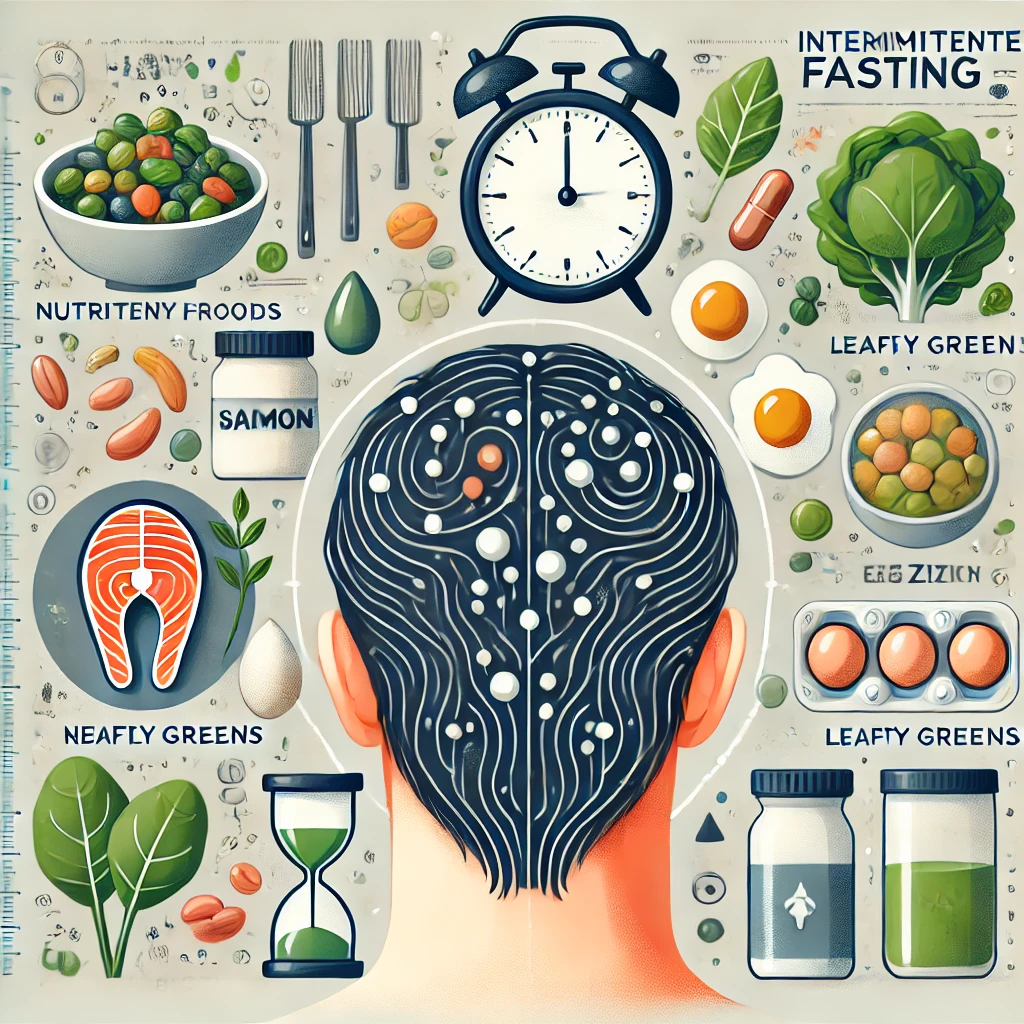Preventing Hair Loss During Intermittent Fasting
Staying Healthy Without Nutritional Deficiencies Preventing Hair Loss During Intermittent Fasting, Intermittent fasting (IF) is a popular dietary habit chosen by many for weight loss, blood sugar control, and overall health improvement. It can also… Preventing Hair Loss During Intermittent Fasting
